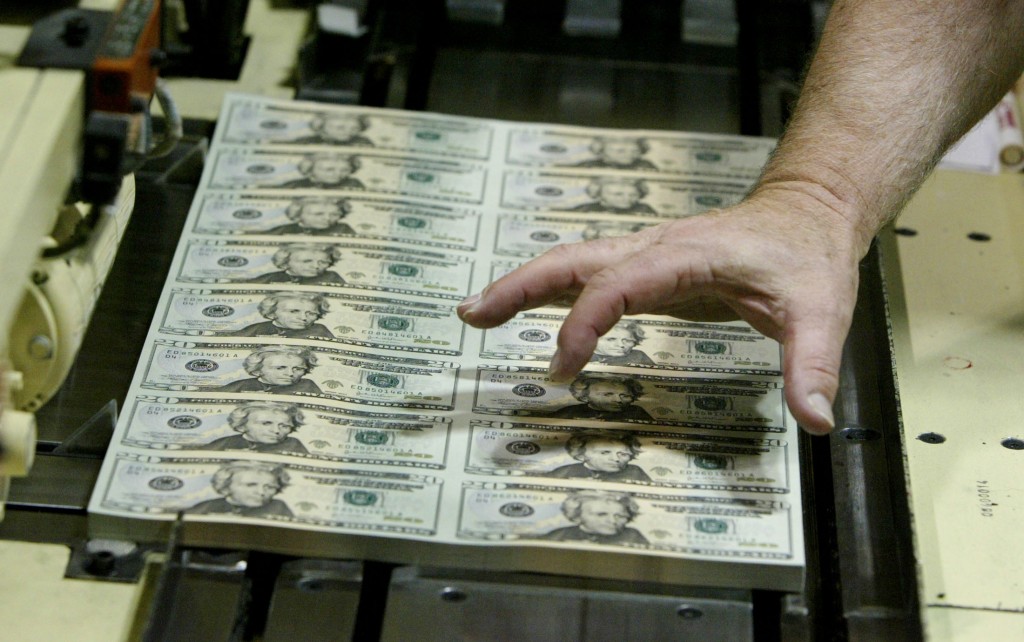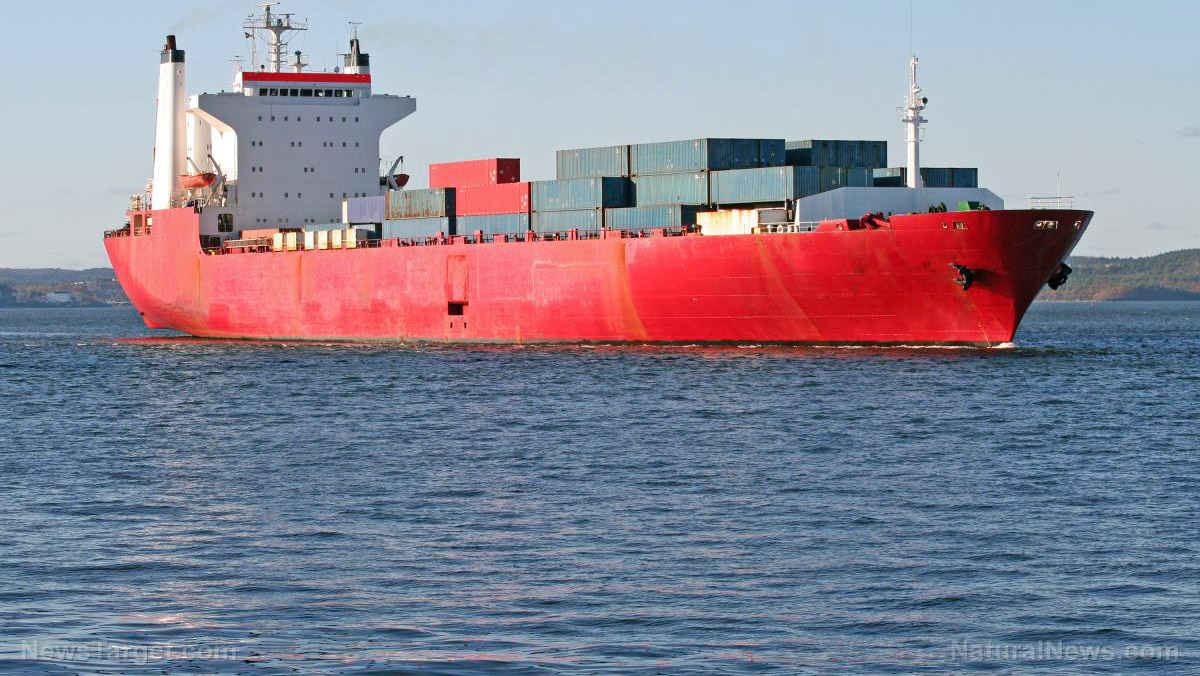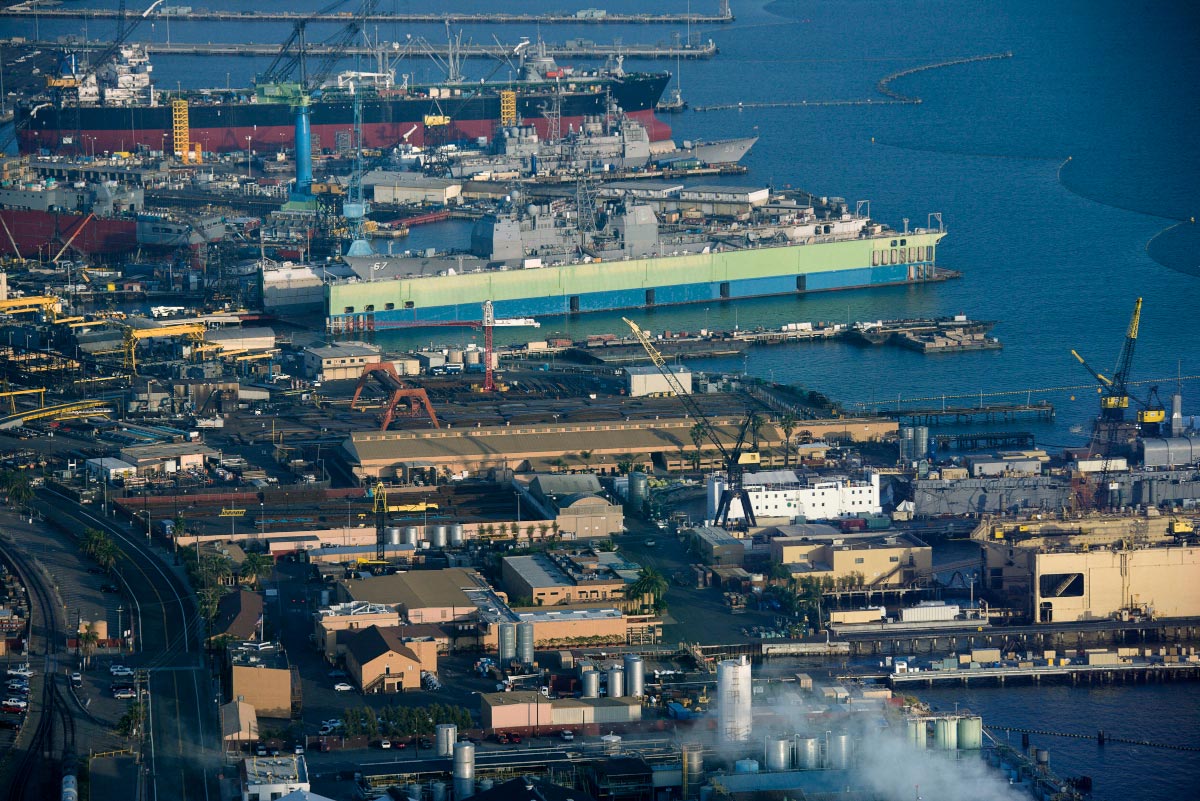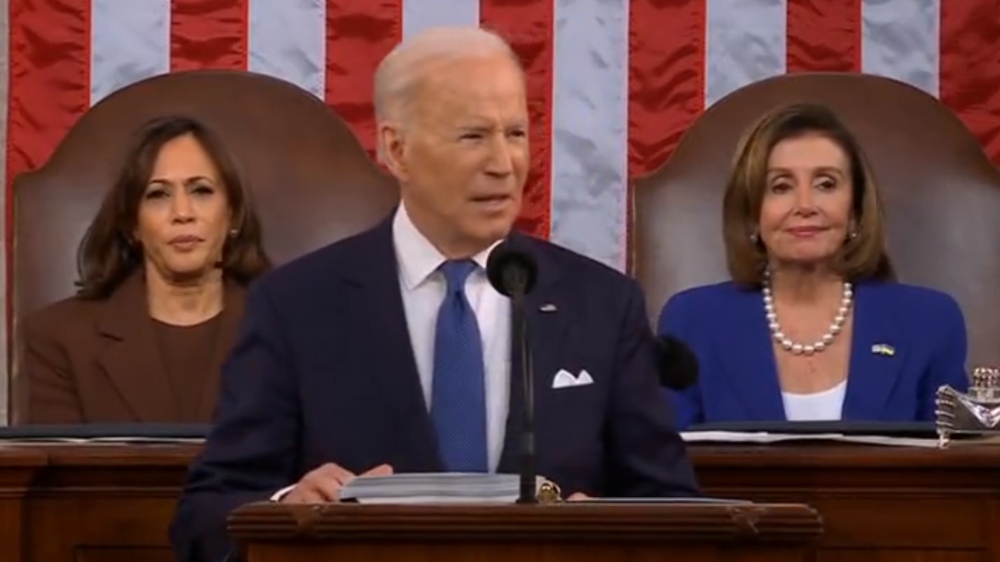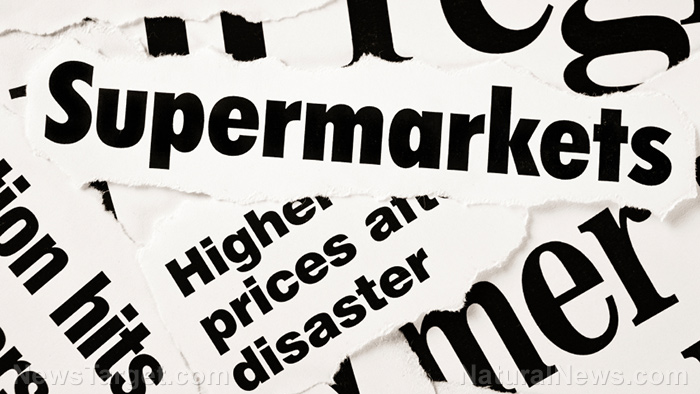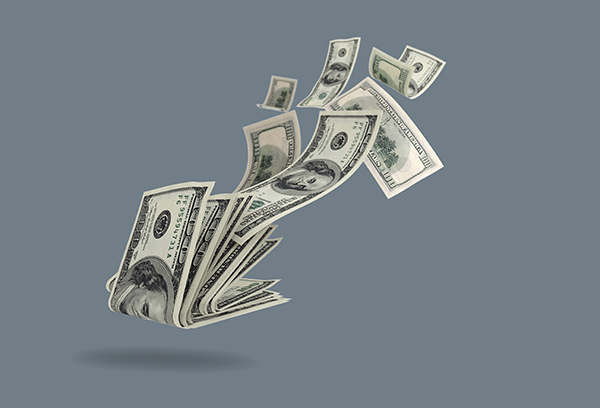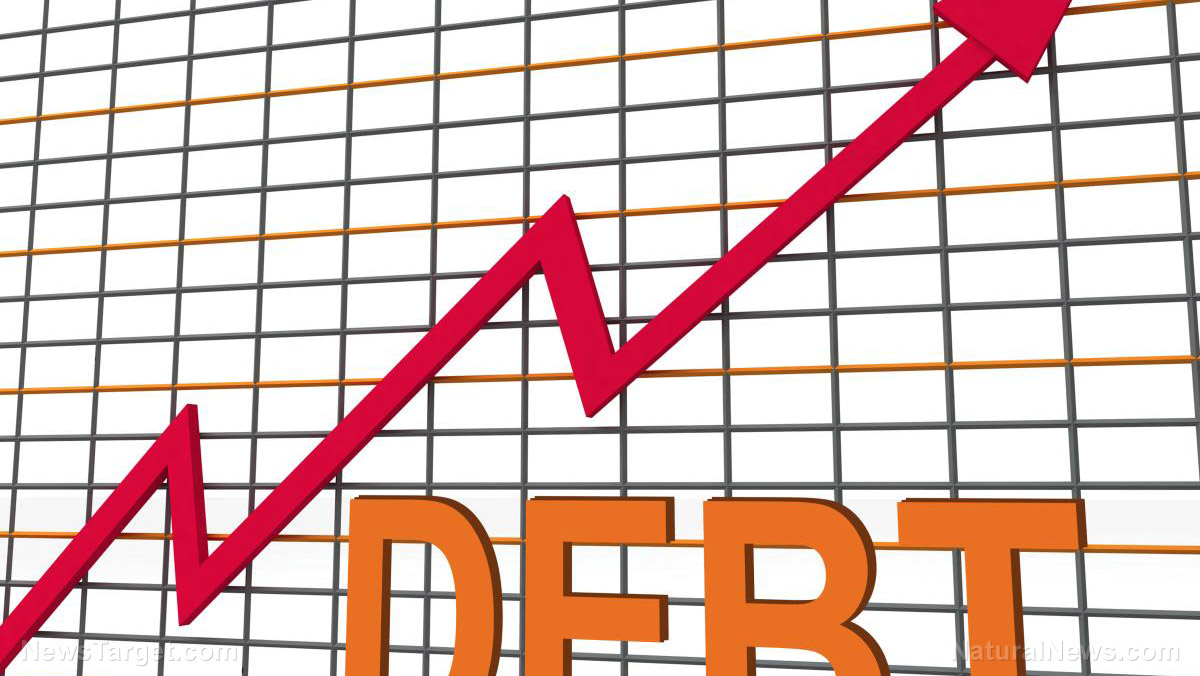EU looking at embargo on Russian oil products, potentially causing another supply chain catastrophe
04/15/2022 / By Mary Villareal

European officials are now drafting plans for an embargo on Russian oil products, the most contested measure yet in punishing Russia for its invasion of Ukraine.
After banning Russian coal – a move that sent coal prices around the globe at all-time highs – the European Union (E.U.) is now likely to adopt a similar ban on Russian oil, as per officials and diplomats.
According to reports, the earliest proposed embargo will be put up for negotiation after the final round of the French elections on April 24, to ensure that the impact on prices does not fuel the populist candidate Marine Le Pen and hurt President Emmanuel Macron’s chances of re-election.
Europeans know very well how unpopular the measures will be but are still going through with it. The outcome will drop millions of barrels in Russian supply, and see much higher prices.
The E.U.’s executive is now drafting proposals for oil embargoes on Russia with foreign ministers of Ireland, Lithuania and the Netherlands. However, there is still no agreement regarding the ban on Russian crude. (Related: Russia selling crude oil at massive discounts as regional conflict turns away regular trading partners.)
Irish Foreign Minister Simon Coveney said the E.U. is now working on ensuring that oil is part of the next sanctions package.
“The European Union is spending hundreds of millions of euros on importing oil from Russia, that is certainly contributing to financing this war. We need to cut off that financing. The sooner that can happen the better,” Coveney said.
His Dutch and Lithuanian counterparts also said they were open to looking at ways to target Russian oil, which makes up about a quarter of the E.U.’s crude imports. This is also a means to pressure Russia to halt its attacks on Ukrainian cities.
Dutch Foreign Minister Wopke Hoekstra said they are looking at all other sanctions, including energy. E.U. Foreign Policy chief Josep Borrell Fontelles echoed the sentiments, saying an oil embargo must happen sooner or later.
The European Commission President Ursula von der Leyen also said earlier this month she was considering additional sanctions, including on oil imports, based on proposals from E.U. governments. Among the sanctions included tariffs on Russian oil or a ban on some oil products.
The energy dependence varies widely, as there are countries like Bulgaria that are almost totally dependent on Russian oil. Hungary already said it cannot support the oil embargo.
Germany, being E.U.’s biggest economy, will be crucial in this positioning. German Foreign Minister Annalena Baerbock already called for a “coordinated plan to completely phase out fossil fuels” from Russia. However, E.U. diplomats said Berlin is not actively supporting an immediate embargo.
EU calls on OPEC to increase output
E.U. officials also held talks in Vienna with representatives of the Organization of the Petroleum Exporting Countries (OPEC) amid calls for the group to increase output while E.U. considers the potential sanctions for Russian oil.
“We could potentially see the loss of more than seven million barrels per day (bpd) of Russian oil and other liquids exports, resulting from current and future sanctions or other voluntary actions,” said OPEC Secretary-General Mohammad Barkindo. “Considering the current demand outlook, it would be nearly impossible to replace a loss in volumes of this magnitude.”
Moreover, the E.U. reiterated its call in the meeting for oil-producing countries to look at whether or not they can increase deliveries to help limit the soaring oil prices. They also pointed out that OPEC has a responsibility to ensure balanced oil markets.
So far, OPEC has resisted calls by the United States and the International Energy Agency to pump more crude to curb the prices. In a meeting with OPEC, the E.U. said the countries could provide more production from its spare capacity.
Still, Barkindo said the highly volatile market was a result of “non-fundamental factors” outside of OPEC’s control, which means that the group will not pump more. (Related: Sen. Cotton says gas prices will continue to rise, calls for deregulation of energy production in US.)
The European Commission is now drafting proposals for an oil embargo on Russia, although foreign ministers have no agreement to ban Russian crude so far. Meanwhile, Australia, Canada and the United States, which are less reliant on Russian supply, have already banned oil purchases.
Follow Collapse.news for more updates regarding oil and crude prices.
Watch the video below to know more about oil shocks and the continuing inflation surge.
This video is from the What is happening channel on Brighteon.com.
More related stories:
Los Angeles first major city in the country to reach average gas price of $6 per gallon.
Oil prices continue to surge amid fears of approaching supply crisis.
European countries mull increasing investment in fossil fuels to maintain energy security.
Sources include:
Submit a correction >>
Tagged Under:
big government, Bubble, chaos, Collapse, crude oil, economic collapse, economic crisis, economic sanctions, economy, energy supply, fuel prices, gas prices, Inflation, insanity, market crash, oil prices, oil supply, panic, Russia, Russian oil, Ukraine, World War III
This article may contain statements that reflect the opinion of the author
RECENT NEWS & ARTICLES
COPYRIGHT © 2017 MARKET CRASH NEWS

